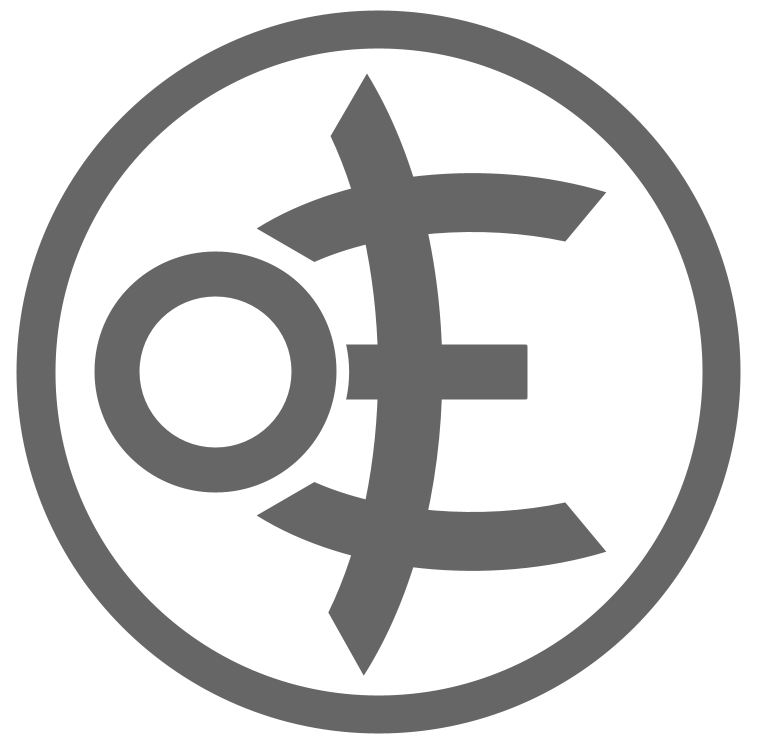@o_o@programming.dev asked “why are folks so anti-capitalist?” not long ago. It got quite a few comments. But I noticed a trend: a lot of people there didn’t agree on the definition of “capitalism”.
And the lack of common definition was hobbling the entire discussion. So I wanted to ask a precursor question. One that needs to be asked before anybody can even start talking about whether capitalism is helpful or good or necessary.
Main Question
- What is capitalism?
- Since your answer above likely included the word “capital”, what is capital?
- And either,
- A) How does capitalism empower people to own what they produce? or, (if you believe the opposite,)
- B) How does capitalism strip people of their control over what they produce?
Bonus Questions (mix and match or take them all or ignore them altogether)
- Say you are an individual who sells something you create. Are you a capitalist?
- If you are the above person, can you exist in both capitalist society and one in which private property has been abolished?
- Say you create and sell some product regularly (as above), but have more orders than you can fulfill alone. Is there any way to expand your operation and meet demand without using capitalist methods (such as hiring wage workers or selling your recipes / process to local franchisees for a cut of their proceeds, etc)?
- Is the distinction between a worker cooperative and a more traditional business important? Why is the distinction important?


I get that the worker is not the only reason the sprocket exists. I understand that he uses someone’s else alloy-pouring lava-pitcher to pour molten steel into a sprocket cast someone else owns. Whoever owns those things and consented / instructed for them to be used in the above manner shares responsibility (might even be more responsible) for the creation of that sprocket. But the sprocket still doesn’t exist until the worker poured the alloy.
The fact that the worker then didn’t create a sprocket, or produce a sprocket, or cause a sprocket to exist – is an alienating step only found in certain kinds of businesses. (And those are the only kinds of businesses anti-capitalists dislike).
For example, a worker can walk into a worker co-op, pour the same kind of alloy heated in the same kind of furnace into a cast that is shaped the exact same, but the worker at this co-op (unlike the worker for the private company) has now created a sprocket.
I’m pretty sure you would agree, right? Because he co-owns the company and he had a democratic voice in the acquisition of the company’s tools? He is responsible for all of the things that caused that sprocket to be created. No other factors were more involved than the worker-owner’s contributions and decisions.
So even though the co-op worker did the exact same thing using the exact same kinds of machinery as the private company worker, would you agree that the sprocket (which only existed after he poured the alloy) was a direct consequence of the co-op worker’s actions? (Whereas it was not a direct consequence of the private employee’s actions)
No. Both workers have created a sprocket, which exists as a direct result of their actions